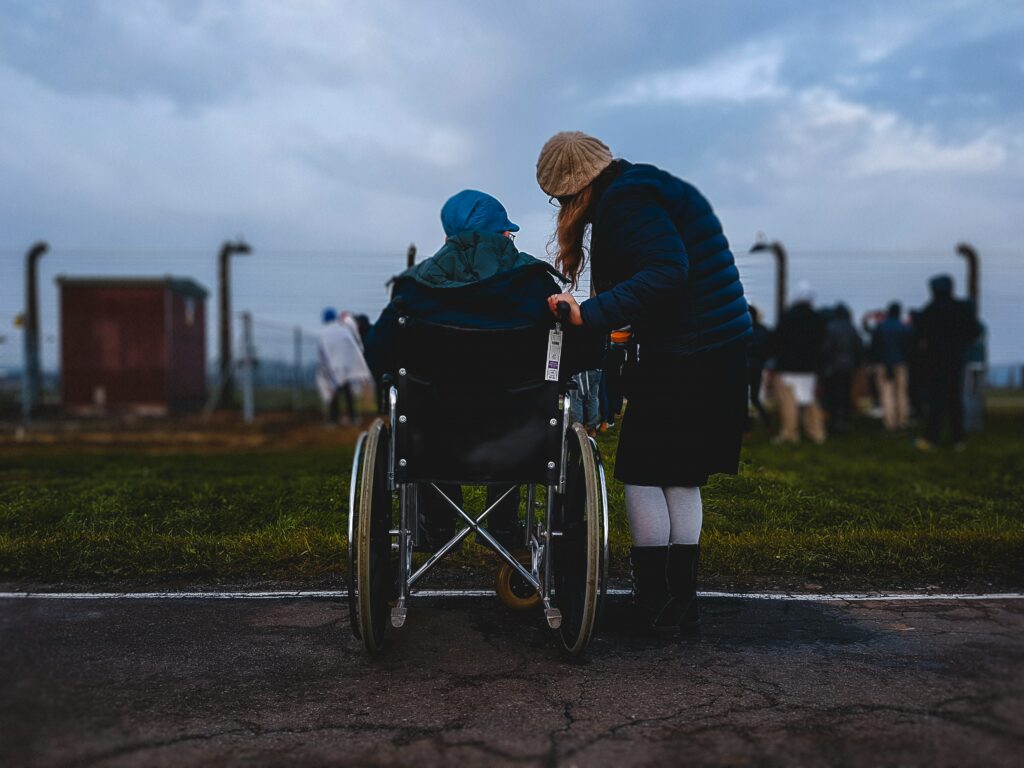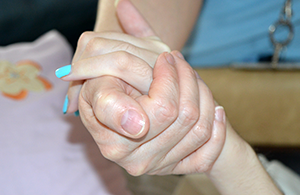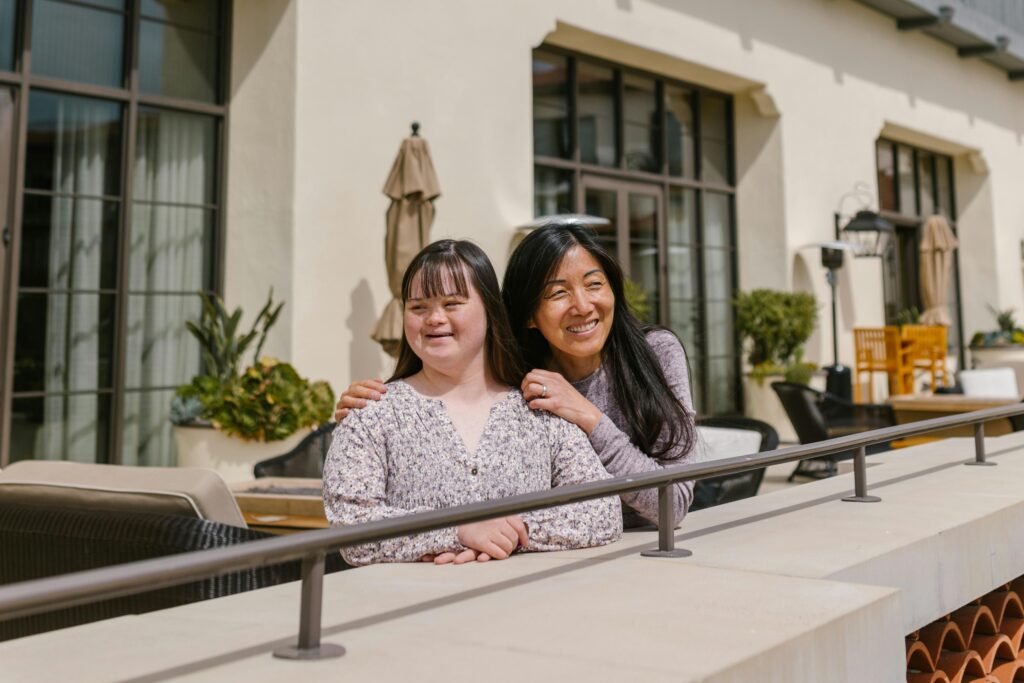
Up until my daughter turned 18, I had been able to consent to treatment on her behalf.
I was told that I should probably apply for Power of Attorney. I really felt that I needed some further advice regarding this. My daughter has never had the capacity to make decisions about her treatment and wouldn’t understand anything as complicated as Power of Attorney.
I am now aware that I could not have Power of Attorney for my daughter, as she would need to have the ability to give it to me—and she would not be able to do that.
(There are two different sorts of Power of Attorney: health and welfare, and financial. The person giving Power of Attorney needs to be over 18. Financial Power of Attorney can start at any time, but health and welfare Power of Attorney only becomes valid when the person giving it loses the ability to make decisions for themselves.)
I was then made aware of deputyship, which can be applied for on behalf of someone who can’t make decisions about their own care and treatment (health and welfare deputyship) or about their money (financial deputyship).
My daughter doesn’t have any money other than her benefits, and I am able to manage that with an appointeeship from the Department of Work and Pensions.
(Appointeeship is free.)
We have considered health and welfare deputyship, but at the moment are not going to apply, as we are aware that all of my daughter’s care and treatment should be carried out in her best interest.
(An application can be made to the Court of Protection for either health and welfare or financial deputyship.
Financial deputyship may be helpful if there is additional money involved other than benefits—for example, a legacy or compensation payment.
A health and welfare deputy cannot demand care or treatment that is not in the person’s best interest.
There is a cost to applying for either power of attorney or deputyship.)




